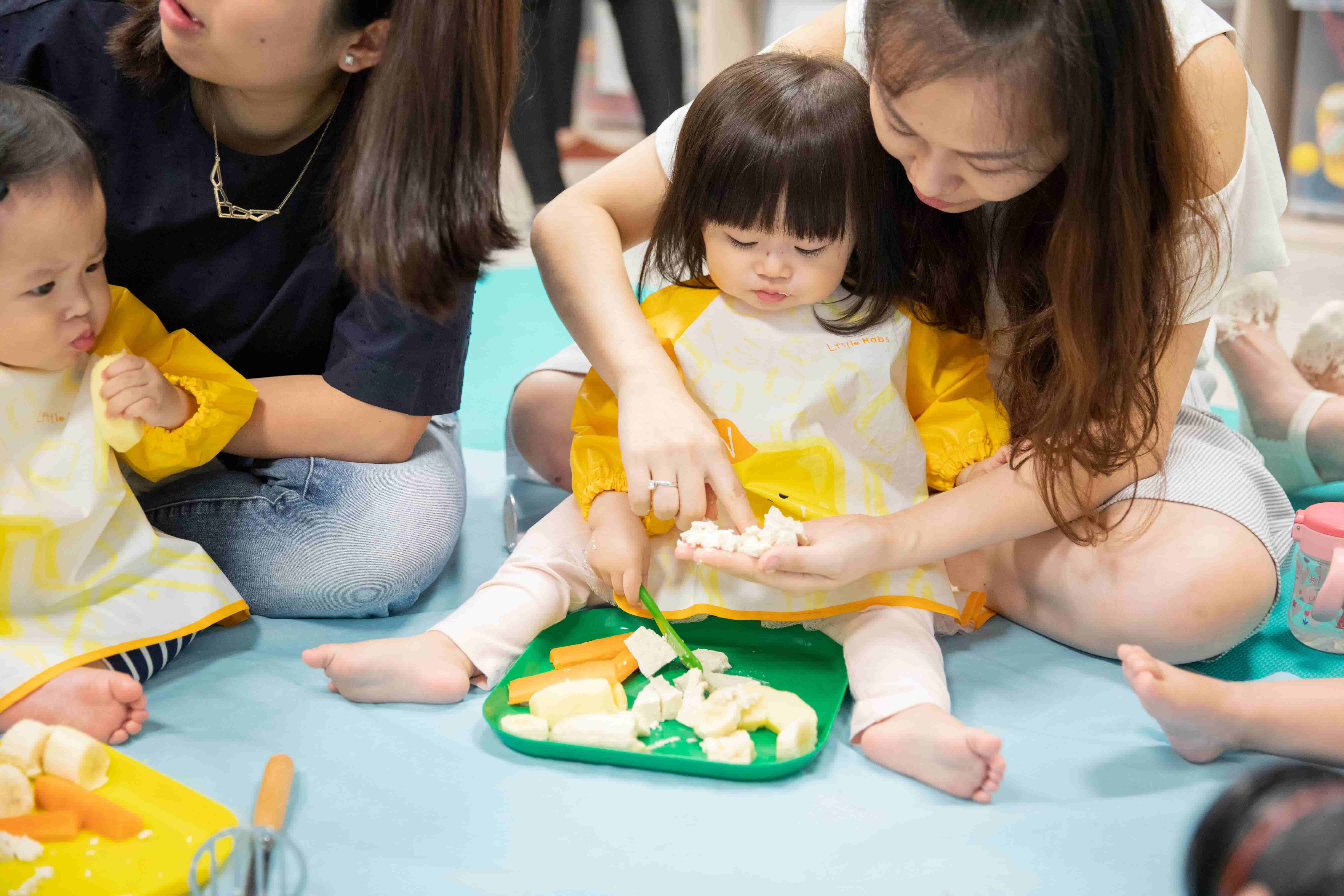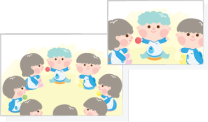About Get Ready for Kindergarten
Our ‘Get Ready for Kindergarten’ (GRK) course is a bilingual programme (English and Cantonese) aims to support and prepare your child for regular schooling. During the class, GRK students get to experience class routines through theme learning, phonics session, group activities, snack time etc. By adding various kindergarten elements into the programme, we hope to help enrich and enhance students’ linguistic skills and shape their interest in language; and make their transition to kindergarten smoother and stress-free.
In this programme, we will explore the following:
- To practise sorting objects by shapes, sizes and colours.
- To learn about the concept of object permanence.
- To participate in pretend play.
- To recognise common objects.
- To explore basic concepts.
- To explore functions of different objects.
- *The learning objectives will vary depending on the lessons.
- To participate in an immersive English-speaking environment.
- To recognise names of familiar people or objects.
- To follow simple instructions with or without gestured cues.
- To verbally communicate thoughts and feelings .
- To recognise familiar patterns of speech.
- To learn how to express preferences through speech or gestures.
- *The learning objectives will vary depending on the lessons.
- To nurture one’s creativity.
- To create/improvise a piece of artwork by using different materials.
- To practise using different tools to create/improvise a piece of artwork.
- To enhance eye-hand coordination, perseverance and patience.
- To enhance one’s concept of spatial awareness.
- *The learning objectives will vary depending on the lessons.
- To learn to play with others in an interactive way.
- To encourage children to imitate behaviours and activities of others.
- To foster a sense of community among children.
- To develop children’s independence.
- To learn how to express emotions through verbal or non-verbal means.
- To help children build up their self-esteem and a positive self-image.
- *The learning objectives will vary depending on the lessons.





